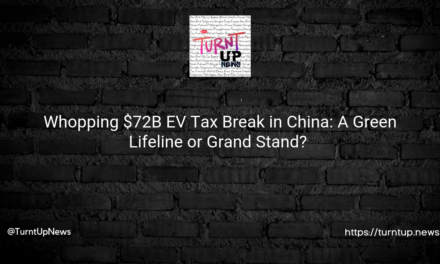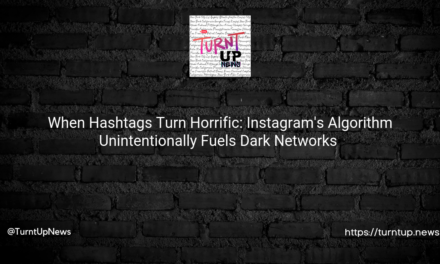🚀 Elon Musk’s Latest Tweet-Quake: Is ‘Cisgender’ Now a Slur in the Twitterverse? 🌐
TL;DR: In the latest wave of tweet-drama, tech billionaire and Twitter owner Elon Musk sparks a fiery debate, asserting ‘cisgender’ and ‘cis’ are considered slurs on Twitter. So, who really gets to decide what’s offensive and what’s not? Brace yourself for a cyber ride down the murky lanes of language evolution and internet politics. 🎢
We all know, with the infamous ‘Tweet King’ 👑 Elon Musk at the helm, Twitter is never more than a nanosecond away from its next controversy. The Tesla and SpaceX CEO, who once held Twitter’s reins and now owns the platform, recently stirred the social media pot by declaring the terms ‘cisgender’ and ‘cis’ as offensive slurs. Hang on, aren’t these just sociological terms? 🤷♀️
Responding to a user who voiced his discontent at being referred to as ‘cis’, Musk affirmed that “repeated, targeted harassment” against any account would lead to temporary suspensions for the harassers. He further stated that ‘cisgender’ and ‘cis’ are deemed slurs on the platform. While he no longer sits on the CEO throne, the question remains, is Twitter turning this into an actual policy? 📜
On being asked by writer Katherine Brodsky if ‘cisgender’ is still a slur for those who self-identify as cisgender, Musk kept it short and sweet (or maybe just short) with, “Call yourself anything you want.” Hmmm, so who has the final say on our identities — we or the world around us? 🌍
In a world where animosity towards transgender people seems to be on the rise, Musk’s opposition to ‘cisgender’ feels particularly charged. Is this just another storm in a tweet-cup, or are we seeing a real shift in how we discuss identity politics?
The term ‘cisgender’ — indicating a person whose gender identity aligns with their birth sex — was reportedly coined by retired researcher Dana Defosse in 1994. It’s used to differentiate such individuals from transgender and non-binary people. But what if the word you created to support a cause ends up being branded as an insult? 😕
As Defosse puts it, “It saddens me to hear that people feel harmed by the word cisgender.” She attributes the discomfort to the fact that the term implies the existence of gender identities beyond the traditional binary. Could this unease be more about preserving traditional power structures than an attack on a word?🔍
Given the recent spate of anti-trans legislation in the U.S. and the increasing pushback against drag queen performers, the furore around ‘cisgender’ seems to be part of a larger trend. Can we deny the parallels here with the same powers that threaten women’s rights? ⚖️
In fact, just last month, Musk was in the limelight for his clash with Twitter’s safety and content moderation team over a documentary labeled as transphobic and offensive. He went so far as to overrule his team’s decision to limit the documentary’s reach and promoted it on his own feed. All this leaves us wondering, is there a pattern emerging in Musk’s stance towards gender issues? 🤔
While we continue to see the effects of Musk’s online exploits, it’s crucial to remember that language, its evolution, and its implications are not governed by the tweets of a billionaire. They’re shaped by people, culture, and an ever-evolving understanding of human identities.
So, with that in mind, does





